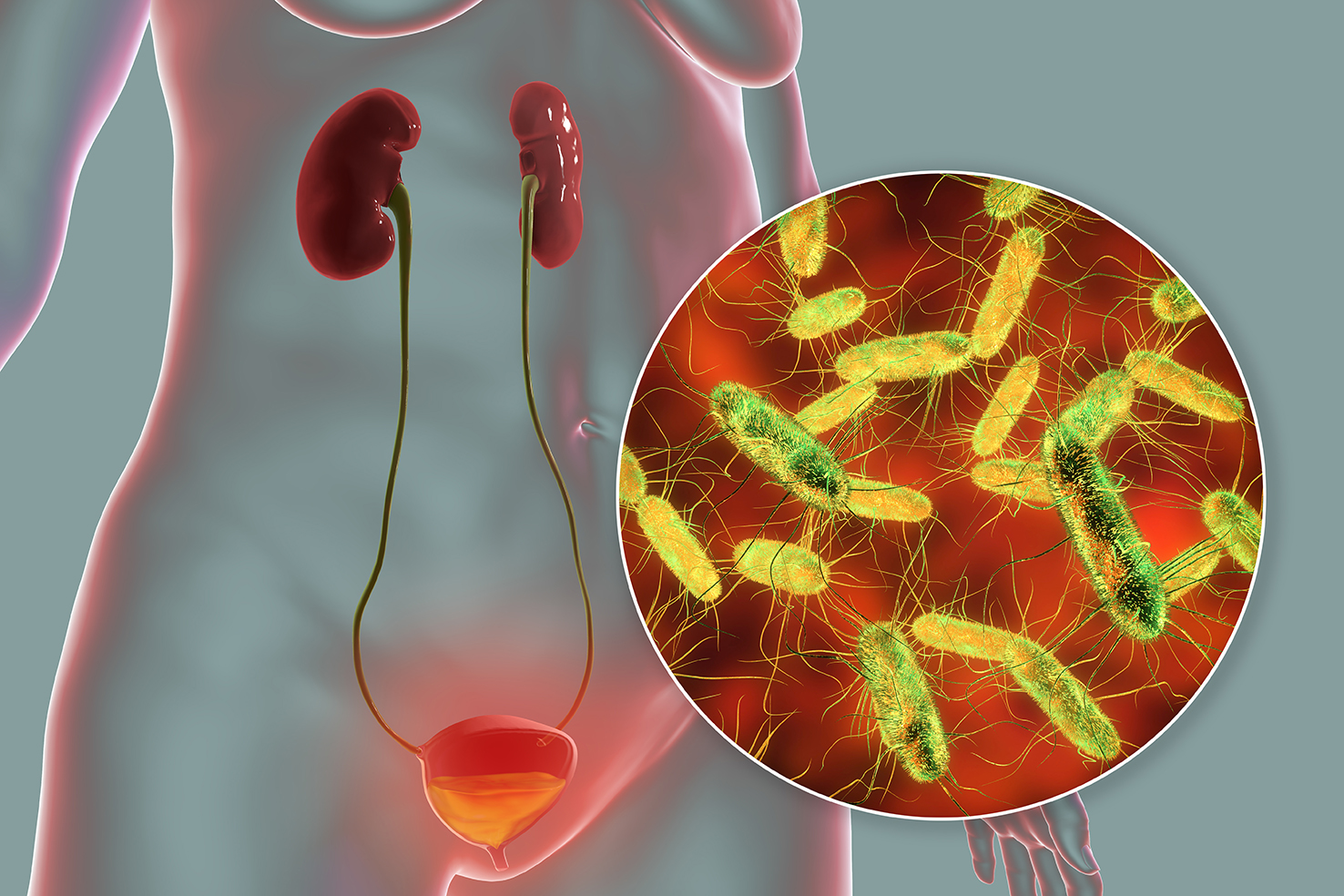The Way Forward: High-Dose, Short-Course Levofloxacin Leads the Field
Question 14
What role does this high-dose, short-course therapy have in treating acute bacterial sinusitis?
Sinusitis remains one of the most common reasons for antimicrobial therapy in the United States, and high-dose, short-course levofloxacin is indicated in acute bacterial sinusitis. The microbiological and clinical efficacy of this regimen was confirmed in a study evaluating 18 patients (15 evaluable) with radiologically confirmed acute maxillary sinusitis. Sinus sampling was used to isolate and monitor the following pathogens: 1 S. pneumoniae, 3 H. influenzae, 1 M. catarrhalis, 1 Corynebacterium spp., and 1 coagulase-negative Staphylococcus spp. (the latter 2 organisms were likely contaminants). Levofloxacin treatment eradicated all pathogens by the 4th day of therapy. The median and mean time to sinus sterilization was 1 and 1.4 days, respectively, and 83% of total signs and symptoms resolved by the end of therapy (day 5). Plasma AUC/MIC ratios ranged from 33.9 to 1,696 for isolated pathogens (59).










